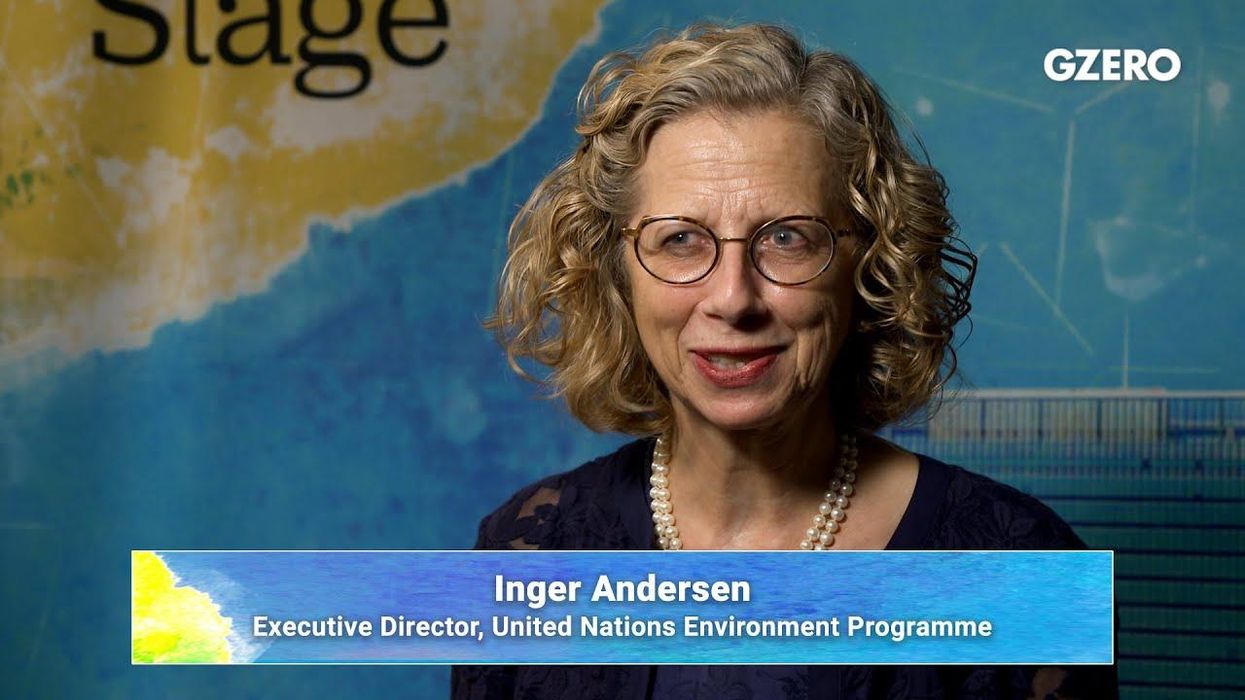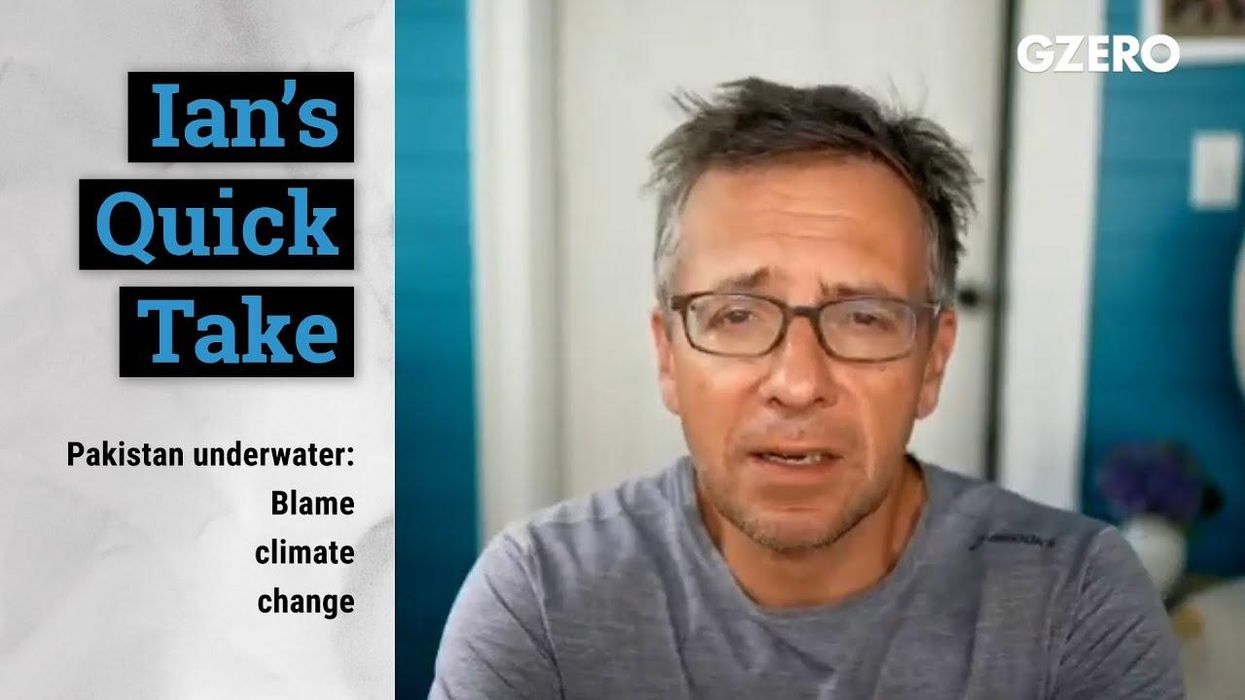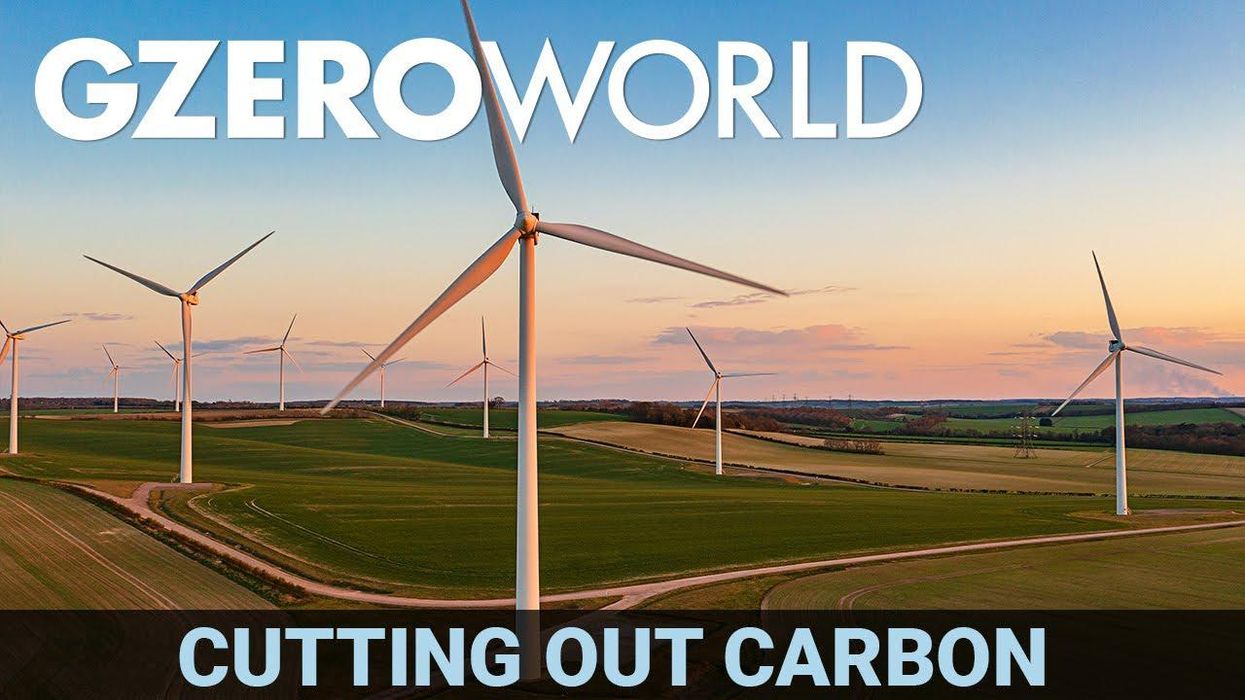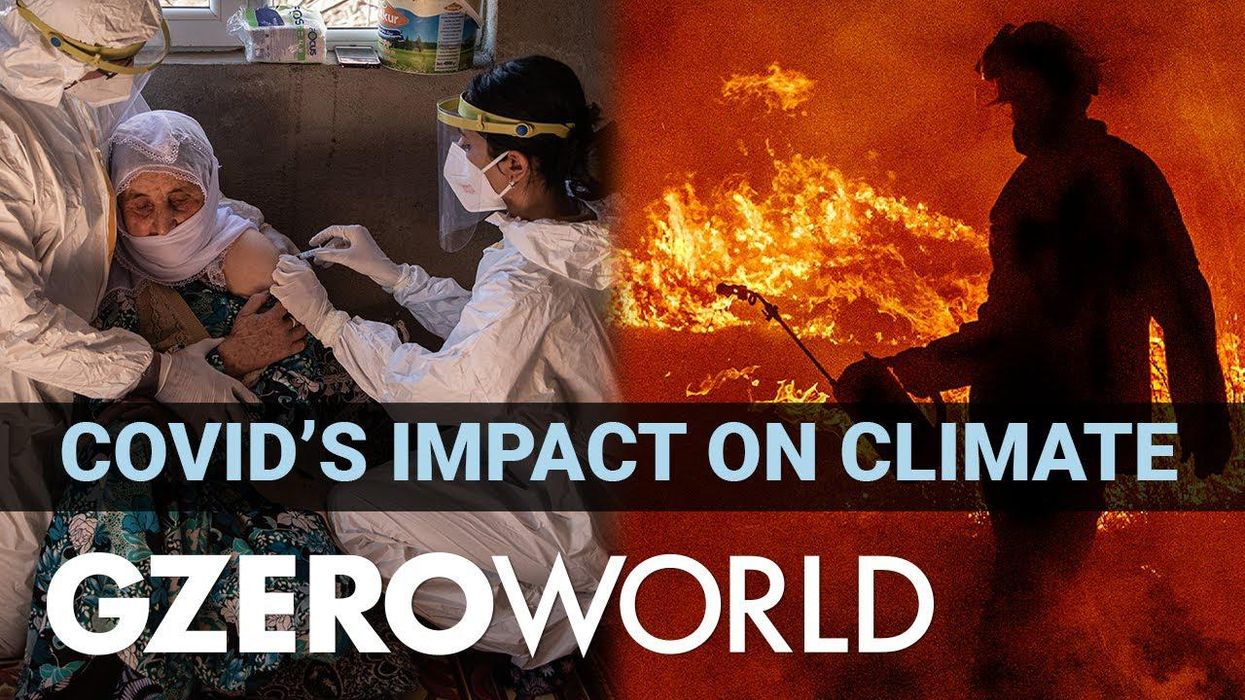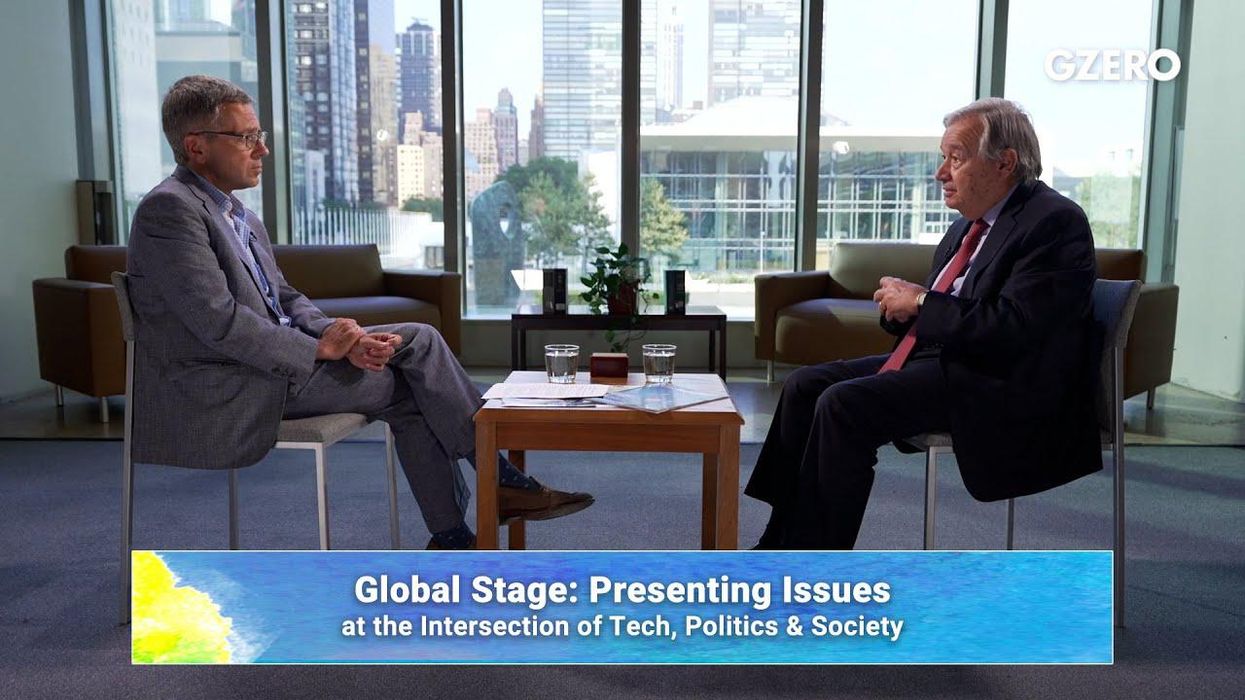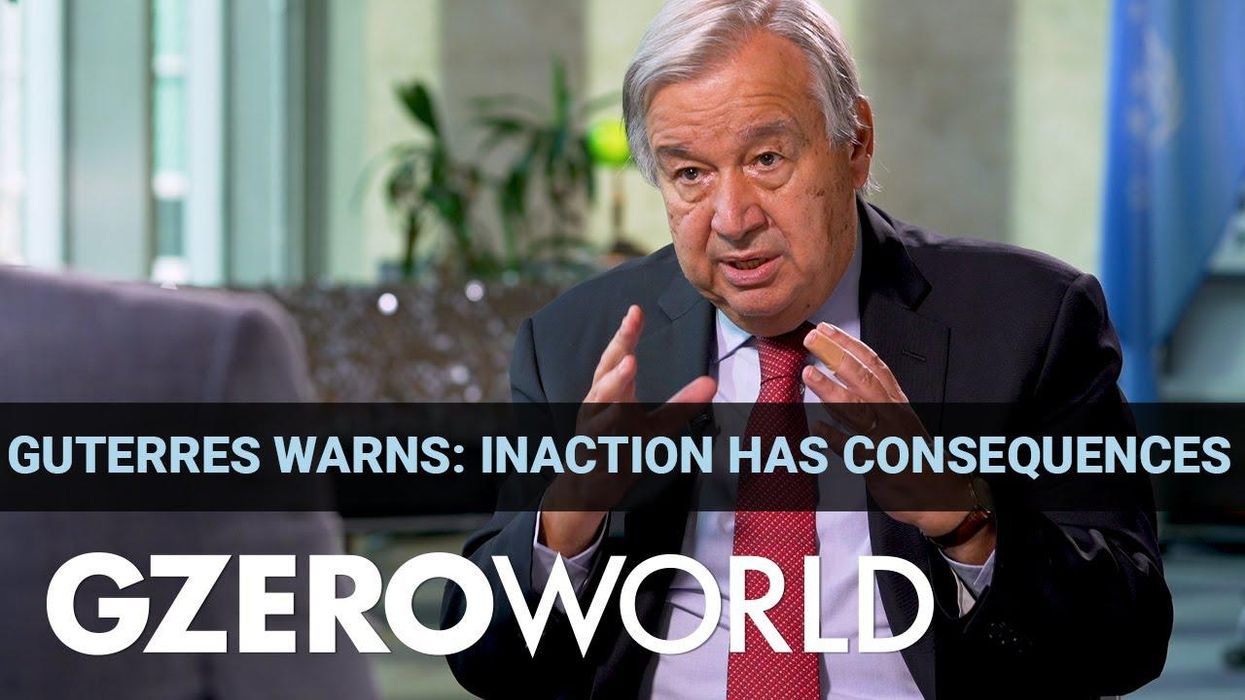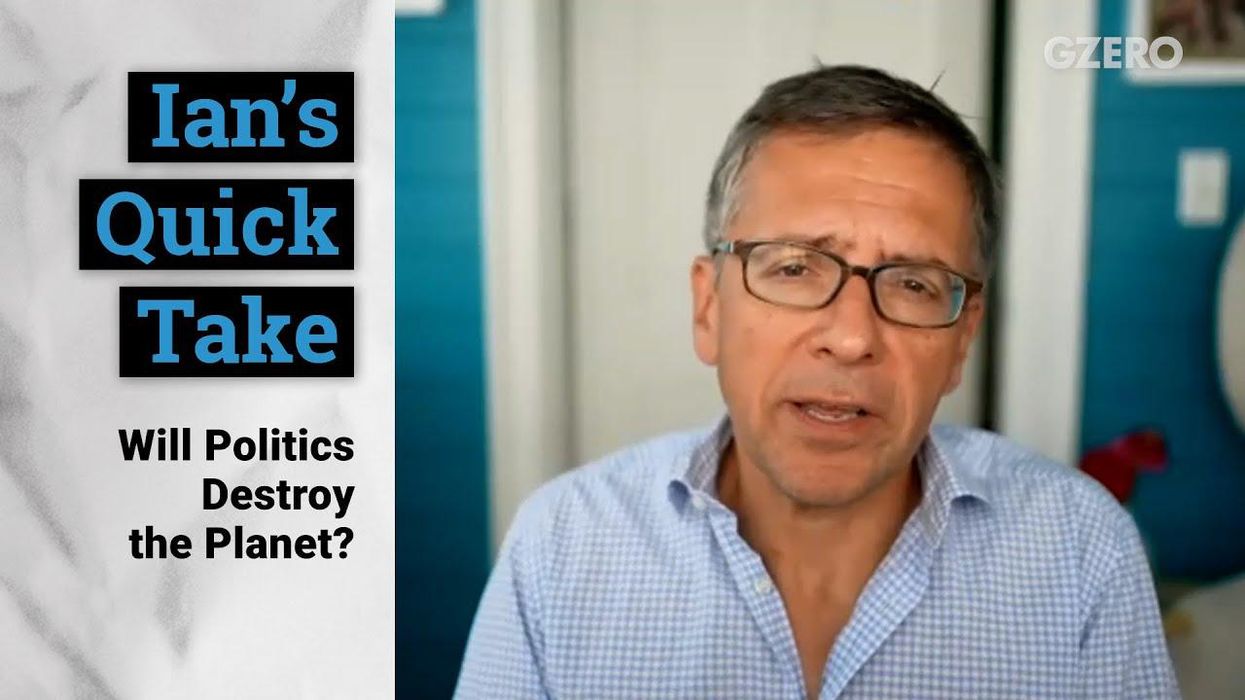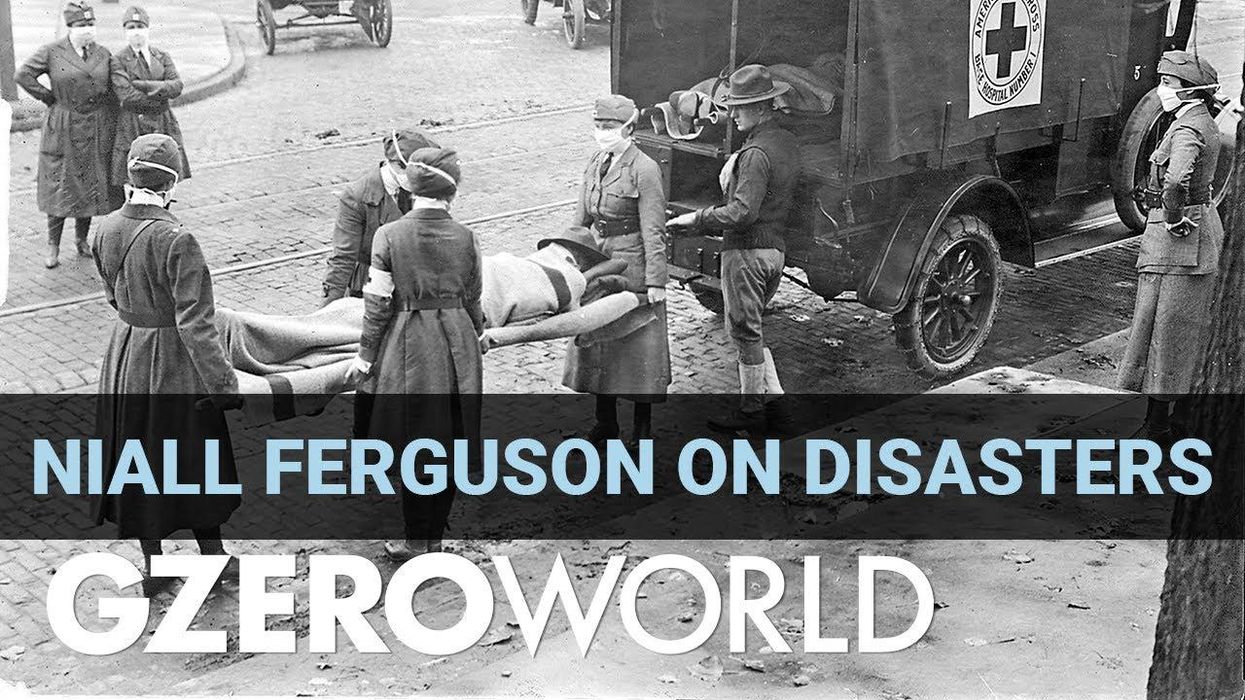Economy
Hard Numbers: Meet Bard, grim new climate report, Colombia’s Toro ban, Uganda’s anti-LGBTQ law, IMF approves Sri Lankan relief
A new UN report says the world has less than a decade to limit global warming to 1.5 degrees Celsius above pre-industrial levels (the 2015 Paris Agreement’s target).
Mar 21, 2023

